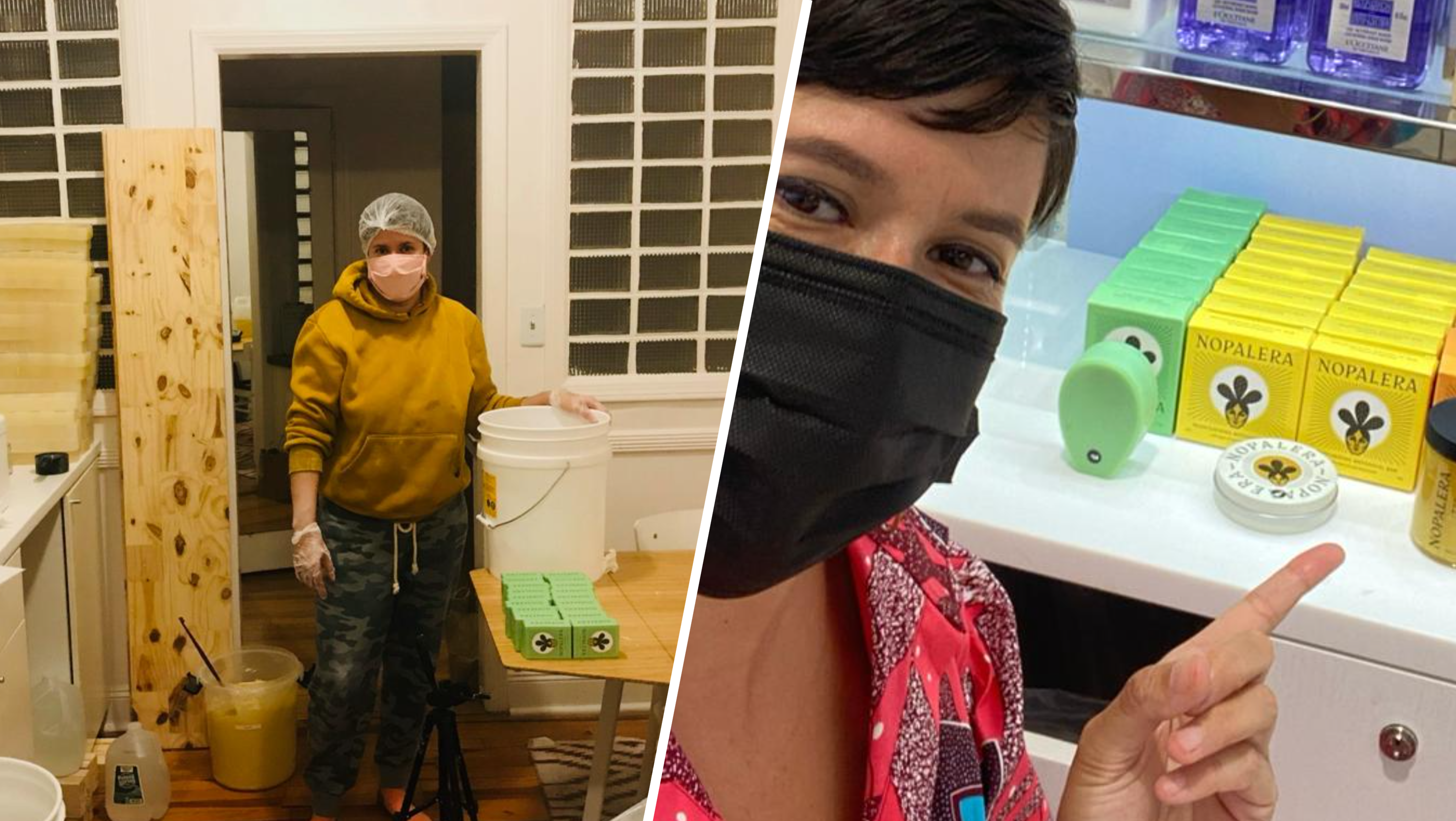All pregnant women should be screened for Down syndrome, regardless of age, according to new guidelines from the American College of Obstetricians and Gynecologists.
Previously, only women over the age of 35 and those at particularly high risk were advised to undergo testing for the chromosomal abnormalities that cause birth defects such as Down syndrome in a fetus. But these new guidelines cite improved, less invasive screening methods as a rationale behind testing all pregnant women for these potential problems.
"Screening tests have gotten much better and more sensitive," said Dr. James Goldberg, an Ob/Gyn from the San Francisco Perinatal Associates. The improved sensitivity of the screening tests means that they are more likely than older tests to find an abnormality when one is present.
Down syndrome is the most common genetic abnormality, affecting one out of every 800 babies. It is caused by a genetic abnormality that results in a person being born with three copies of chromosome 21 or an extra piece of this chromosome instead of the usual two. This abnormality causes moderate or severe mental retardation, distinctive facial features and a higher risk for heart defects.
For decades, only women over the age of 35 were routinely offered screening tests for this and other chromosomal abnormalities for two specific reasons: older mothers are at a greater risk of giving birth to a baby with a genetic abnormality and the most reliable screenings tests, such as amniocentesis, are invasive (requiring that a needle be inserted into the pregnant women's uterus), so using them in younger women put the mother and fetus at an unnecessary risk for complications from the procedure itself.
However, even though an older woman is at greater risk for having a child with Down syndrome, demographically, younger women have far more children. Therefore, overall, more children with Down syndrome are born to younger women.
Additionally, new screening tools, including more sensitive ultrasound machines, have allowed doctors to better assess a woman's risk for having a child with the disorder beginning 11 weeks into a pregnancy. The ultrasound screening test, called nuchal translucency (NT) measures the thickness at the neck of the fetus. If it is abnormal, it may signal that the baby has Down syndrome. More invasive procedures, including amniocentesis and chorionic villus sampling (CVS) are more accurate than ultrasound because they look directly at cells taken from the mother. But since they may have serious risks, they can be used later if less invasive tests indicate risk.
U.S. & World
"This new recommendation says that the maternal age of 35 should no longer be used by itself as a cut-off to determine who is offered screening versus who is offered invasive diagnostic testing," noted Dr. Deborah Driscoll, lead author of the recommendations.
In fact, the recommendations state that all pregnant women should be given some sort of screening, preferably ultrasound, for Down syndrome before the 20th week of pregnancy. Making the decision to have an amniocentesis or CVS, should be based on a family history of birth defects, the chances that the fetus will have an abnormality and the potential risk of pregnancy loss from these invasive procedures.



